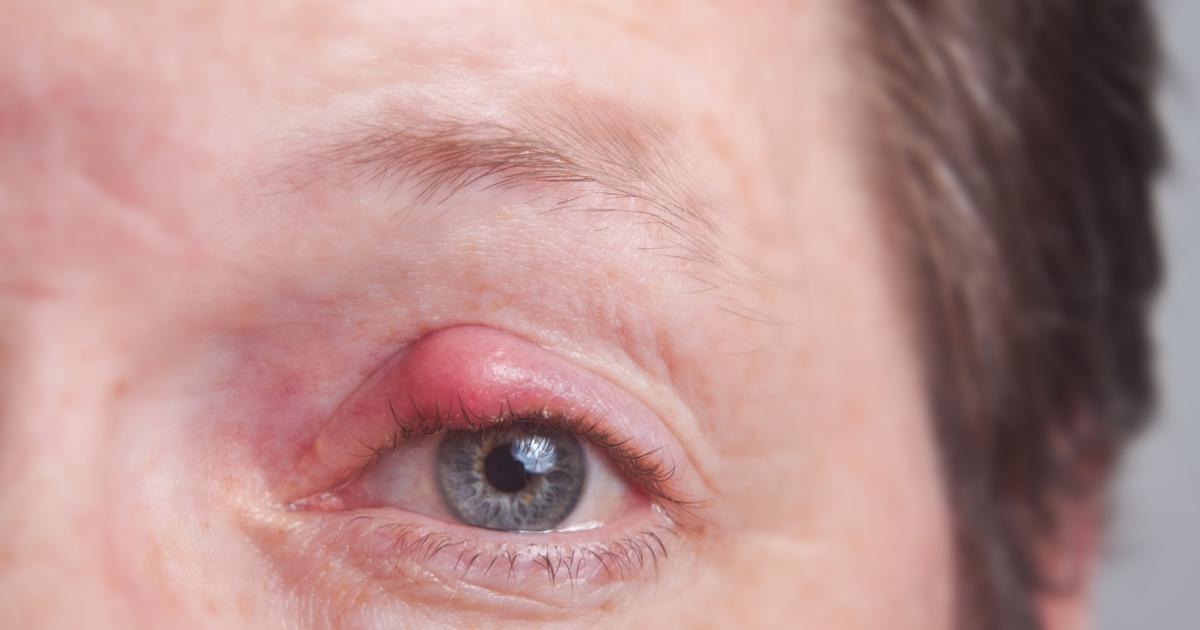
Dr. Joseph S Pulido M.D.
Ophthalmologist
200 1st St SW Rochester MN, 55905About
Dr. Joseph Pulido is an ophthalmologist practicing in Rochester, MN. Dr. Pulido specializes in eye and vision care. As an ophthalmologist, Dr. Pulido can practice medicine as well as surgery. Opthalmologists can perform surgeries because they have their medical degrees along with at least eight years of additional training. Dr. Pulido can diagnose and treat diseases, perform eye operations and prescribe eye glasses and contacts. Ophthalmologists can also specialize even further in a specific area of eye care.
Board Certification
OphthalmologyAmerican Board of OphthalmologyABO
Provider Details
Expert Publications
Data provided by the National Library of Medicine- The etiology and treatment of macular detachment associated with optic nerve pits and related anomalies.
- Hypotony and retinal complications after aqueous humor shunt implantation: the
- Retinal topography and thickness mapping in atrophic age related macular
- Sequential multifocal electroretinogram findings in a case of Purtscher-like retinopathy.
- Photodynamic therapy for the treatment of choroidal neovascularization secondary to rubella retinopathy.
- Intermediate uveitis.
- Magnetic resonance imaging in the diagnosis of subretinal cysticercosis.
- Differentiation of human neural stem cells into retinal cells.
- Multicenter prospective, randomized, double-masked, placebo-controlled study of Rheopheresis to treat nonexudative age-related macular degeneration: interim analysis.
- Chorioretinal topography and histopathology in laser-induced choroidal neovascularization.
- Hemorrhage in patients who have received transpupillary thermotherapy for subfoveal choroidal neovascularization.
- Insulin in the vitreous of the normal and streptozotocin-induced diabetic rat.
- Special considerations in the guidelines for high-dose vitamin supplementation in patients with age-related macular degeneration.
- Determination of amino acids in rat vitreous perfusates by capillary electrophoresis.
- RNA interference targeting transforming growth factor-beta type II receptor suppresses ocular inflammation and fibrosis.
Professional Memberships
- Member FDA OPHTHALMIC DEVICES PANEL
- Member Minnesota Medical Association/Zumbro Valley
- Fellow American Academy of Ophthalmology
Fellowships
- VITREORETINAL SURGERY, BASCOM PALMER EYE INSTITUTE, UNIVERSITY OF MIAMI, MIAMI, FL 1986
- OCULAR ONCOLOGY, WILLS EYE HOSPITAL, THOMAS JEFFERSON UNIVERSITY, PHILADELPHIA, PA 1998
- RETINA RESEARCH, BASCOM PALMER EYE INSTITUTE, UNIVERSITY OF MIAMI, MIAMI, FL 1987
- Fellow - Vitreoretinal Surgery: Bascom Palmer Eye Institute, University of Miami School of Medicine
- Fellow - Retina Research: Bascom Palmer Eye Institute, University of Miami School of Medicine
- Fellow - Ocular Oncology: Wills Eye Hospital, School of Medicine, Thomas Jefferson University, Philadelphia
- Univ Miami-B Palmer Eye Inst, Retina/Vitreous Surgery 1986
- Wills Eye Hospital, Ocular Oncology 1988
Dr. Joseph S Pulido M.D.'s Practice location
Practice At 200 1st St SW
200 1st St SW -Rochester, MN 55905Get Direction
Dr. Joseph S Pulido M.D.'s reviews
Write ReviewPatient Experience with Dr. Pulido
Recommended Articles
- Should I Opt for Cataracts Surgery?
Cataracts is a cloudy area in the lens of the eye that blocks the light entering the eye, thus affecting vision. Surgery is one of the most common options to treat cataracts and improve vision. It is performed by an ophthalmologist and in most cases, is an outpatient procedure. Cataracts is an eye...
- What is Eye Herpes?
What is eye herpes?Eye herpes, or ocular herpes, is a recurrent viral infection that affects the eyes. It is caused by herpes simplex virus type 1. It causes an inflammation of the eye, as well as scarring in the cornea.Eye herpes can be transmitted from one person to another when there is a close...
- Cataract Surgery: What is an Intraocular Lens?
When the eye’s natural lenses are removed during cataract surgery, they are replaced by artificial lenses known as intraocular lenses (IOLs). They are also used to correct a patient’s vision during a surgical procedure known as refractive lens exchange.Intraocular lenses are FDA-approved and...
- How to Prepare for Cataract Surgery
The normal process of aging is the leading cause of cataracts. The eye’s lens slowly loses its clarity and gets cloudy as we age. As a result, the quality of vision decreases. Cataract surgery is recommended when your life’s quality starts to suffer.It is important to know how to prepare...
- Everything You Need to Know About Cataract Surgery
What is a cataract?Sometimes there is a clouding of the lens in the eye; this clouding is called a cataract. Mostly, this clouding is related to old age. In fact, the majority of Americans aged 80 and above have experienced this clouding or have already undergone a cataract surgery at a particular...
- What is Keratoconus?
Keratoconus is a non-inflammatory disorder of the eye where the cornea bulges outward like a cone. Thinning and bulging of cornea may result in blurring of vision and make the eye more sensitive to light. This disorder is seen in both the eyes and is common in people from 10-years-old to...
Nearby Providers
- Dr. Joshua Olson M.D.200 1ST ST SW ROCHESTER MN 55905
- Dr. Cheryl Lyn Khanna M.D.200 1st St SW Rochester MN 55905
- Dr. William M Bourne M.D.200 1st St SW Rochester MN 55905
- Dr. Michael Brodsky MD200 1st St SW Rochester MN 55905
- Dr. Michael A Mahr M.D.200 1st St SW Rochester MN 55905
- Dr. Suzanne R Viggiano M.D.200 1ST ST SW ROCHESTER MN 55905
Nearest Hospitals
MAYO CLINIC HOSPITAL ROCHESTERl
1216 SECOND STREET SOUTHWEST ROCHESTER MN 55902OLMSTED MEDICAL CENTERl
1650 FOURTH STREET SOUTHEAST ROCHESTER MN 55904MAYO CLINIC HEALTH SYSTEM - LAKE CITYl
500 WEST GRANT STREET LAKE CITY MN 55041THOMAS JEFFERSON UNIVERSITY HOSPITALl
111 SOUTH 11TH STREET PHILADELPHIA PA 19107PENNSYLVANIA HOSPITALl
800 SPRUCE STREET PHILADELPHIA PA 19107HAHNEMANN UNIVERSITY HOSPITALl
230 NORTH BROAD STREET PHILADELPHIA PA 19102










